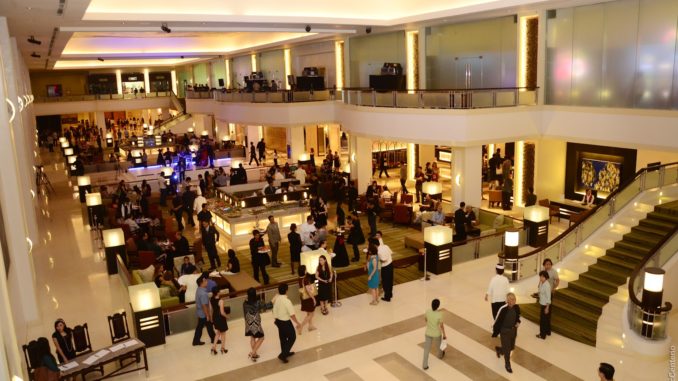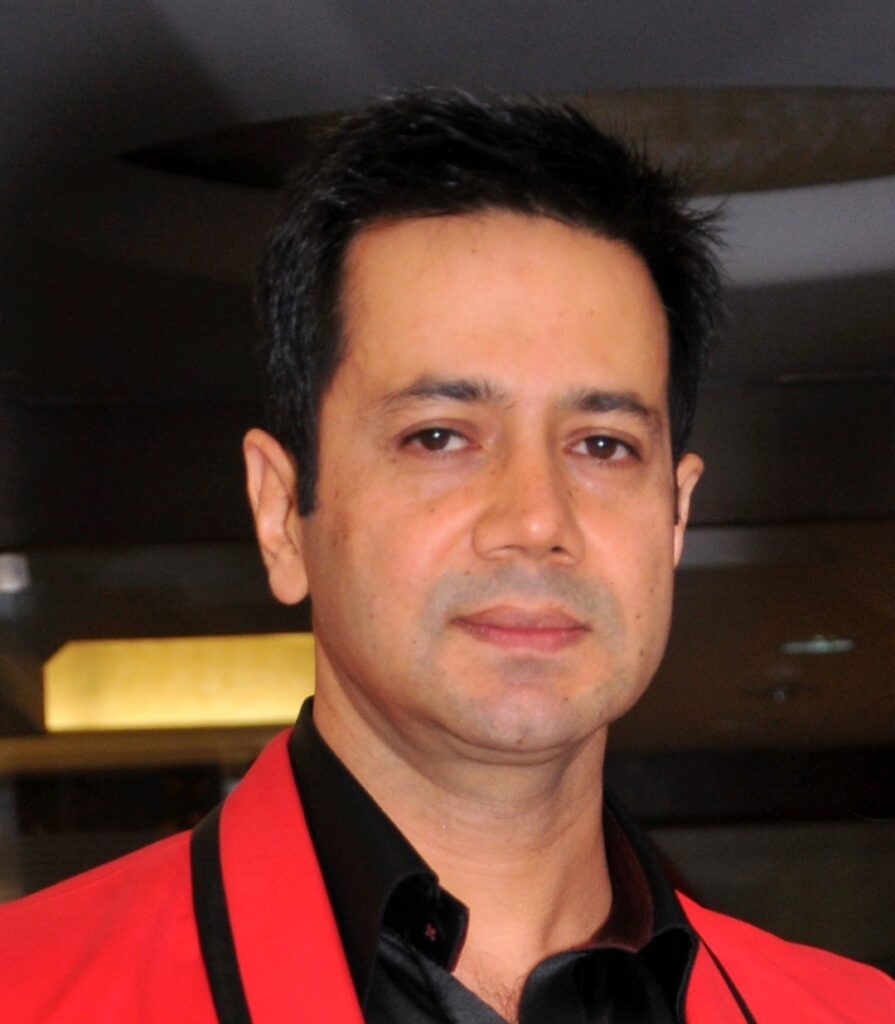
By Deepak Chauhan, vice president at Mycloud Hospitality - 1.18.2018
Over the past few years, everything has changed including the way people think and feel about their hotel stays. Whether it is business or leisure, guests expect to have a unique and comfortable experience starting from the minute they arrive at the hotel till they leave. Today hotel management is looking for ways to help them better serve their guests with such competency that even starts before the beginning of their stay. The only way that hotels can do that is if they have relevant information that they can use. The impact of such data on the hospitality sector has been a key player in the game affecting both customers and hoteliers.
The Availability of Big Data
Once a customer decides to make a booking for their upcoming holiday, they basically provide a huge amount of data at the Web booking engine. Once the guest arrives at the hotel, various modules like PMS, POS, digital menus, mobile apps collect guest specific data during their stay, and post stay reviews and feedbacks or even after the end of their hotel stay in the form of a review on the hotel’s website or on social media. Such data includes more than customers’ payments and time of arrival. There will be information available about each guest, their individual stay and meal preferences, services utilized and spend histories, during the stay, in addition to special requests. With all this online and offline data available, hotel managers and employees find themselves overwhelmed by the amount of information available to use. But what does this mean? How can hotels use such data to customize the individual guest experience, Improve per room revenue, guest spending and build customers’ loyalty?
Frequency and profitability are two different things. Hotel earnings usually follow the 80/20 model, where 80% of the revenues are generated by 20% of the customers. This means that hotel managers need to identify the potential of every guest and create a special rewarding program that especially cater to his or her needs.
Identifying the potential customer’s lifetime value is not easily done based on one single visit. Marketing specialists need to identify recurring customers even if they don’t spend much on extras. Identifying their needs and their preferences and upselling services based on those needs might encourage them to indulge in some of the hotel extras that will generate more revenues in the long run.
Marketers also need to identify the nature and circumstances that will affect the number and types of guests who are most likely going to make a booking at a certain time of the year. This will help them create the most significant promotional offers and programs that will help attract more customers and make sure that they enjoy a satisfying stay which ultimately guarantees that they will check in again.
Guest Services Management Software Solutions and What Do They Mean?
In today’s modern world, those who fail to keep up with the speedy trends are going to fall behind. Hotel managers need to use a solution to help direct and channel all sorts of data that come from various sources into one single useful channel. This way, they will be able to analyse such data and use it to create a guest profile with all the relevant information. Such guest profile will help hotel managers make better decisions regarding their marketing policies and guest experience strategies. This way they are capable of designing special programs for unique customer experiences.
Today’s hotel guests have high expectations regarding their experience and the kind of service they will receive. Hotels need to use guest service solutions to increase the level of satisfaction of the customers by providing a hotel stay that specifically caters for their needs and preferences.
Using Multiple Applications
A hotel PMS has access to different data related to every single customer who has ever checked into the hotel. This includes their food preferences, request for alarm calls, using different facilities like the gym or spa and whether they arrive with children or not.
A PMS and guest services software collect all these different types of data. This data when connected to a BI, presents a hotel with a 360-degree view of not just guest profile but also every service provided within a hotel. This allows them to focus on each guest plus also re-look at revenue strategies, online selling statistics etc. By dealing with customers on a personal level and making them feel that they are special and unique, a hotel will be able to build a customers’ loyalty, which automatically generates more income.
Meanwhile, all systems within a hotel naturally generate big amount of data that should be available for use. Still, such systems lack the ability to provide accurate and critical data that could support proper decision-making. Business owners used to compensate for these shortcomings by generating huge amounts of reports. This meant that a lot of individuals would spend time to write manual reports, sending them to other departments; still lacking the most relevant information that can enable decision makers make more profitable choices.
BI offers handy tools that would enable employees to examine data and derive insights. These tools analyse big data in order to provide timely and accurate information that would enable business owners analyse booking patterns, customer satisfaction levels and the overall success of offers and promotions; and not just to simply increase revenues. Such analyses would amend the decision-making process and ultimately allow hoteliers to improve on the whole business strategy.
Today creating a personalized guest experience is what it takes to get ahead of other competitors in the hospitality business. This can even start before your guests arrive by sending them promotional offers at the times of the year they will most likely think about booking a hotel. A guest services and engagement solution helps hotel managers and employees to automate communication related to most crucial data touch points.
The future holds a lot for the hospitality sector. Machine learning and using the latest technologies will allow managers and marketing departments to predict revenue patterns and guests’ behavior in advance to design the most relevant programs. This will give hoteliers more time on focusing on improving the services provided and making their guests happy and comfortable.
 Deepak Chauhan is vice president at mycloud Hospitality. He is responsible for marketing and positioning of “mycloud” platform and is a veteran in the hotel software industry with over 25 years’ experience giving him a strong understanding of the product requirements in the industry. He has very rare mix of working in operations of various hotels and chains for over 10 years and then co-founding a software product and service company, servicing 5 star hotels and chains for 14 years. Deepak has led the development and marketing of cloud based hospitality systems to meet the specific, business objectives of small and mid-size properties across the globe and has worked closely with a diverse group of hoteliers and hotel technology vendors.
Deepak Chauhan is vice president at mycloud Hospitality. He is responsible for marketing and positioning of “mycloud” platform and is a veteran in the hotel software industry with over 25 years’ experience giving him a strong understanding of the product requirements in the industry. He has very rare mix of working in operations of various hotels and chains for over 10 years and then co-founding a software product and service company, servicing 5 star hotels and chains for 14 years. Deepak has led the development and marketing of cloud based hospitality systems to meet the specific, business objectives of small and mid-size properties across the globe and has worked closely with a diverse group of hoteliers and hotel technology vendors.
Are you an industry thought leader with a point of view on hotel technology that you would like to share with our readers? If so, we invite you to review our editorial guidelines and submit your article for publishing consideration.


